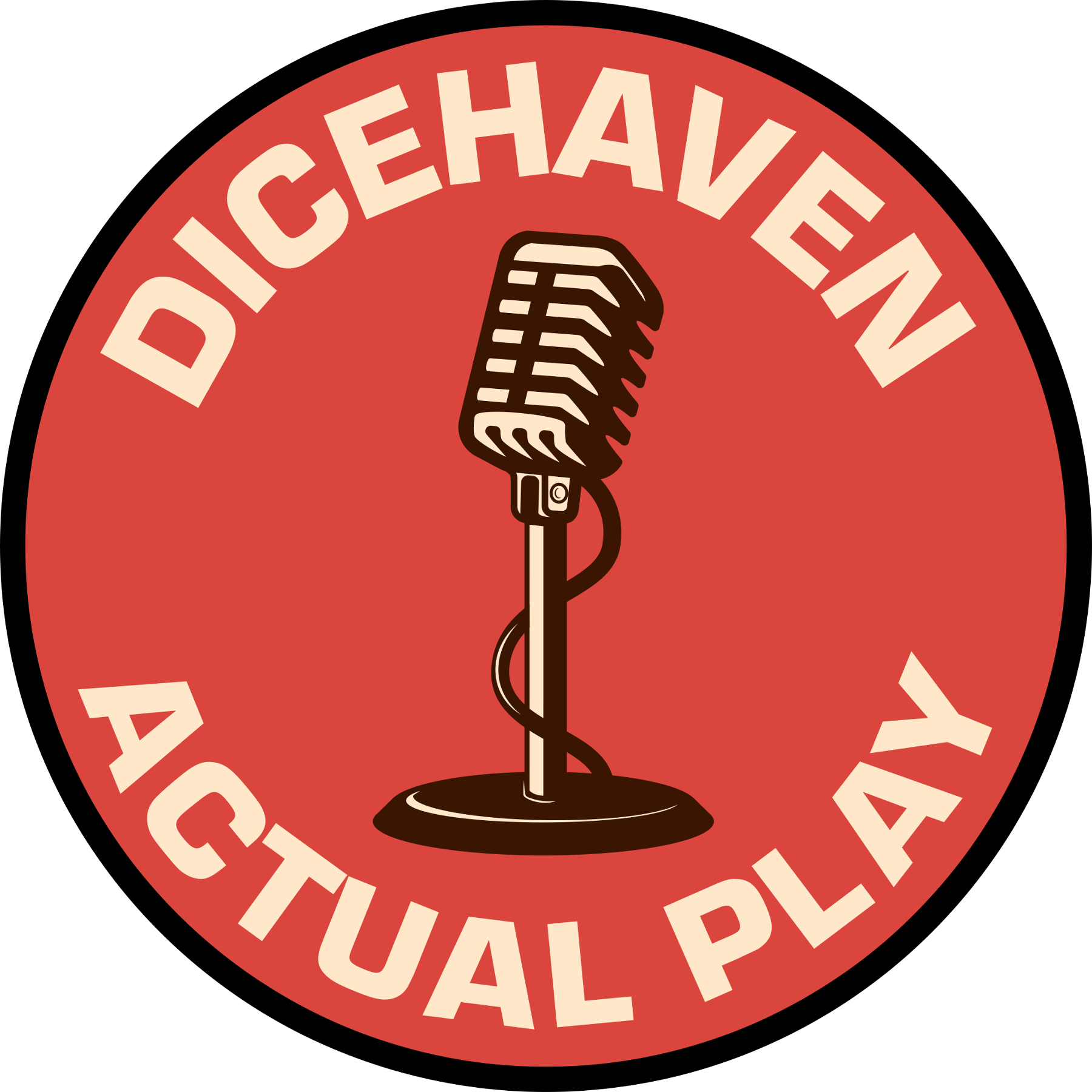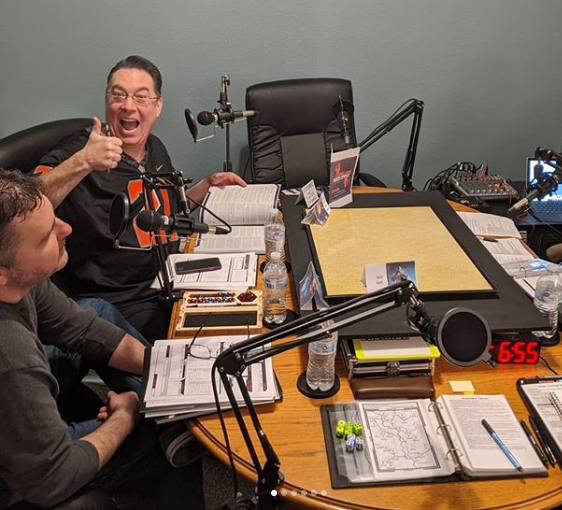The Economics of Trade vs. MM Formats
Consider the economics of book publishing, particularly in the CBA (Christian Booksellers) marketplace.
Fiction books are typically published in either hardback, trade paperback (5″x8″ to 6”x9”) or mass-market paperback (4″x7″) formats. When was the last time you saw a CBA fiction book in a mass-market paperback format? [Tip: some refer to these formats with the abbreviations ‘HC’ (hard cover), ‘Trade’ (trade paperback), and ‘MM’ (mass-market paperback)].
Why do CBA publishing houses avoid this size?
Economics. The CBA marketplace is a bit different than the books you see at the grocery store or other market outlets. CBA booksellers cater to a niche market, and customers will buy a trade paperback as readily as a mass-market paperback. The trade paperback may command $12 while a mass-market paperback sells for no more than $8.
Do the math. You can see which will make the publisher more money.



Recent Comments